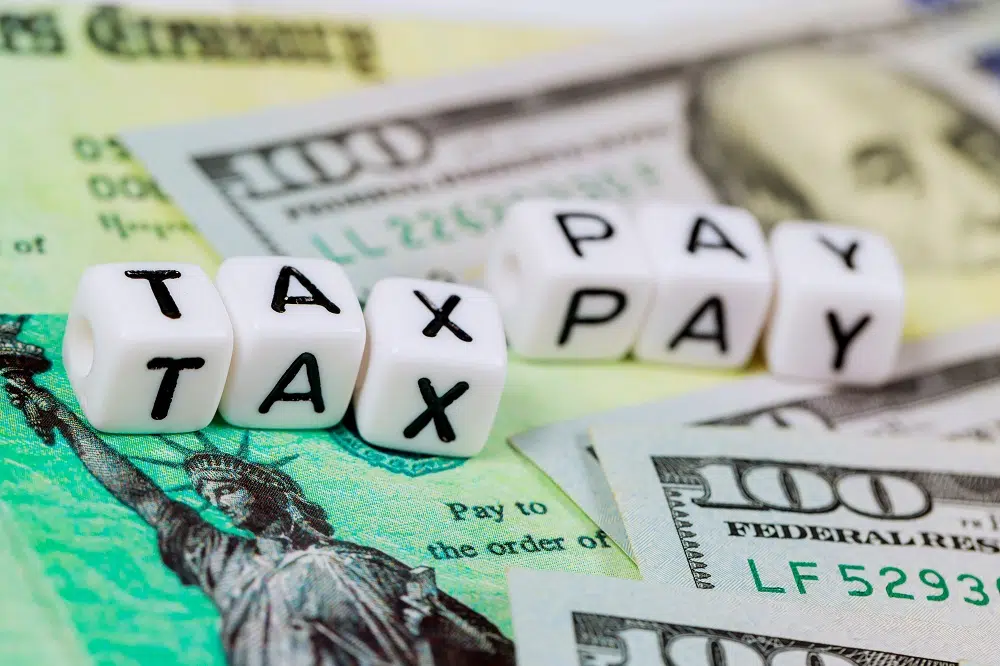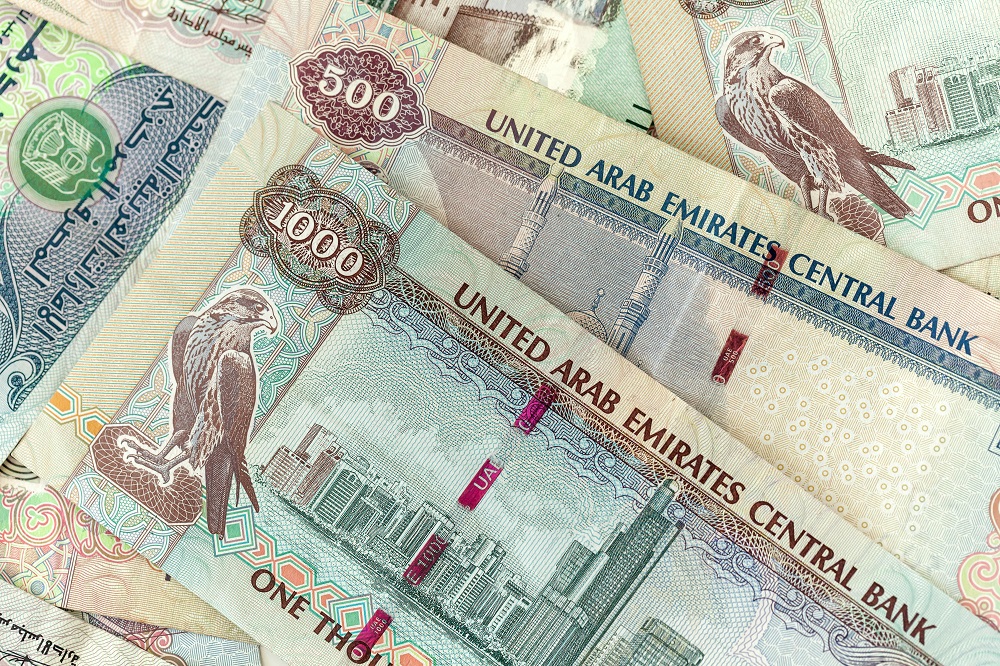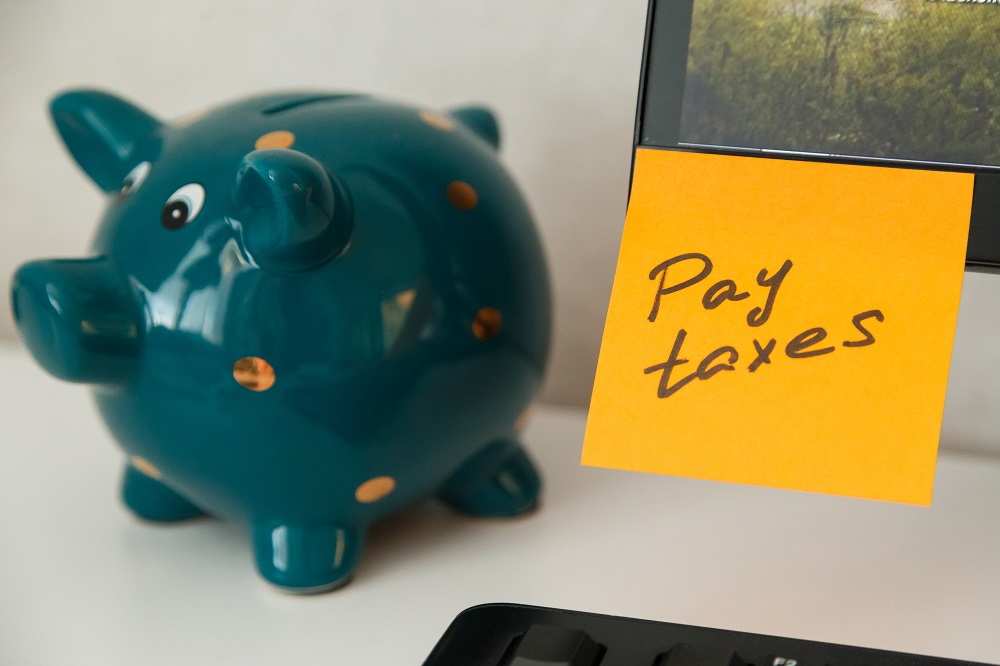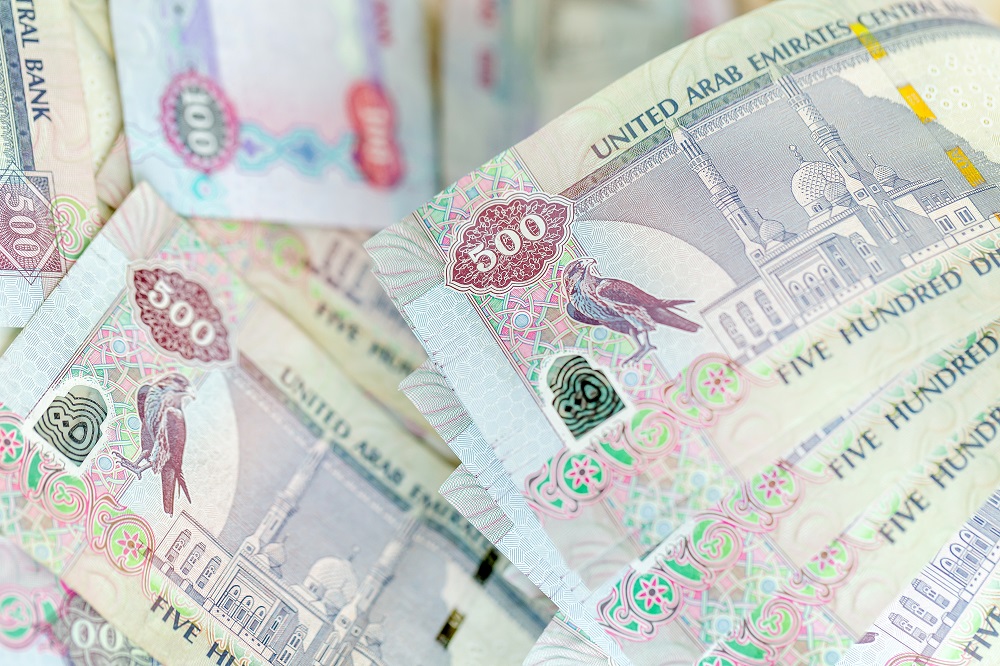Ok so here’s the thing about tax in dubai for foreigners…. Let me share what I wish someone had told me when I first started considering moving to Dubai. I remember sitting in my accountant’s office back home, asking about the tax implications of working abroad, and he just looked at me with this confused expression. “Dubai has no income tax,” he said, like it was some kind of myth.
I literally didn’t believe him at first. I mean, how can a modern city function without income tax? But here I am, three years later, and I can confirm – it’s real, and it’s honestly one of the best parts about living here. But there’s SO much more to understanding tax in dubai for foreigners than just “no income tax,” and I made some pretty expensive mistakes figuring it out.
Let me walk you through everything I learned the hard way, so you don’t have to.
The Basics: Why Dubai Has No Income Tax (And What That Actually Means)
When people ask me about tax in dubai for foreigners, the first thing I tell them is that Dubai operates on a completely different economic model than most countries. The UAE generates revenue through oil, tourism, trade, and various fees rather than personal income taxes. It’s like they figured out how to run a country without taxing your salary – which honestly sounds too good to be true until you’re living it.
Here’s what “no income tax” actually means for tax in dubai for foreigners:
- Zero personal income tax on your salary
- No tax on bonuses or commissions
- No capital gains tax on investments
- No inheritance tax
- No wealth tax
But (and this is a big BUT), that doesn’t mean you’re completely free from tax obligations. I learned this the hard way when I got a nasty surprise letter from my home country’s tax authority two years after moving here.
Understanding Tax in Dubai for Foreigners: The Hidden Complexities
The biggest mistake I made regarding tax in dubai for foreigners was thinking that moving to Dubai automatically meant I was tax-free everywhere. WRONG. Your tax obligations depend on your citizenship, where you’re considered a tax resident, and how long you’ve been away from your home country.
Here’s what I discovered about tax in dubai for foreigners after consulting with multiple tax advisors:
If you’re American: The US taxes global income regardless of where you live. However, you can claim the Foreign Earned Income Exclusion (FEIE) which excludes up to $120,000 of foreign earned income (as of 2024). I have American friends here who still file US tax returns every year but pay zero tax thanks to this exclusion.
If you’re from the UK: You need to prove you’re no longer a UK tax resident to avoid UK taxes on your Dubai income. This involves complex tests about how many days you spend in the UK each year. One of my British colleagues messed this up and ended up paying UK taxes on his Dubai salary for two years.
If you’re from Canada: Similar to the UK, you need to establish non-resident status. The Canadian tax authority is pretty aggressive about this, and I know someone who had to pay both Canadian and Dubai taxes (well, Dubai has no income tax, but you get the idea) because he didn’t properly sever his Canadian tax residency.
VAT and Other Taxes: What You Actually Pay in Dubai
While there’s no income tax, understanding tax in dubai for foreigners means knowing about VAT (Value Added Tax), which was introduced in 2018. This caught me off guard initially because I was so focused on the “no income tax” part.
VAT in Dubai is currently 5% and applies to:
- Most goods and services
- Restaurant meals
- Hotel stays
- Entertainment
- Utilities (but with some exemptions)
What’s VAT-exempt:
- Basic food items
- Medical services
- Education services
- Residential rent (this is HUGE)
The fact that rent is VAT-exempt is amazing because housing is your biggest expense here. I’m paying 85,000 AED per year for my apartment, and not having to add 5% VAT saves me over 4,000 AED annually.
Corporate Tax: The New Reality for Business Owners
Here’s where tax in dubai for foreigners gets more complicated if you’re thinking about starting a business. In June 2023, the UAE introduced corporate tax at 9% for businesses earning over 375,000 AED annually. This doesn’t affect employees, but if you’re a freelancer or business owner, it’s crucial to understand.
I have a friend who runs a digital marketing agency here, and he had to completely restructure his business setup to optimize for the new corporate tax rules. The good news is that there are still many free zones that offer 0% corporate tax, but you need to meet specific requirements.
Banking and Financial Implications for Tax in Dubai for Foreigners
One thing nobody warned me about regarding tax in dubai for foreigners is how it affects your banking and financial services back home. Many banks and investment platforms become much more complicated to deal with when you’re a non-resident.
Issues I encountered:
- My home country bank closed my accounts after I became non-resident
- Investment platforms restricted my access to certain products
- Insurance policies became more expensive or unavailable
- Mortgage applications became nearly impossible
I had to open new accounts with international banks that specialize in expat banking. HSBC Expat and Citibank have been my go-to options, but they require higher minimum balances and charge more fees.
Real Estate and Property Tax: What Foreigners Need to Know
This is where tax in dubai for foreigners gets interesting. While there’s no property tax like you’d find in most countries, there are some fees and taxes related to real estate that you should know about.
When buying property:
- 4% Dubai Land Department transfer fee
- 2% real estate agent commission
- Various registration fees
When selling property:
- No capital gains tax (this is HUGE)
- Transfer fees apply again
I bought a studio apartment in Dubai Marina two years ago, and the lack of annual property tax saves me thousands compared to what I would pay in most other countries. Plus, if I sell it for a profit, I keep 100% of the capital gains.
Retirement Planning and Pensions for Foreigners in Dubai
This is probably the most confusing aspect of tax in dubai for foreigners, and it’s something I’m still figuring out. Dubai doesn’t have a social security system like most countries, so retirement planning is entirely your responsibility.
Key considerations:
- No mandatory pension contributions
- No government retirement benefits
- You keep 100% of your salary for personal savings/investments
- Need to plan for eventual repatriation
I set up a private pension plan with an international provider, but the options are limited and expensive. The upside is that I’m investing the money that would normally go to taxes and social security contributions, so I potentially come out ahead if I manage it well.
Double Taxation Treaties: Your Safety Net
Understanding double taxation treaties is crucial for tax in dubai for foreigners. The UAE has tax treaties with many countries to prevent you from being taxed twice on the same income. This was a lifesaver for me during my first year when I was still sorting out my tax residency status.
The UAE has treaties with over 90 countries, including major ones like the UK, Canada, India, and most European nations. These treaties generally ensure that you won’t pay tax in both countries on the same income, but you need to understand the specific terms for your situation.
Practical Tips: Managing Your Tax Obligations as a Foreigner
After three years of dealing with tax in dubai for foreigners, here are my practical tips:
Before you move:
- Consult with a tax advisor in your home country
- Understand your country’s non-resident tax rules
- Plan your departure date strategically (some countries use calendar years, others use tax years)
- Gather all necessary documentation
After you arrive:
- Keep detailed records of your days in/out of Dubai
- Maintain documentation of your UAE residence
- File any required non-resident tax returns in your home country
- Consider hiring a tax advisor who specializes in expat situations
Ongoing management:
- Track your global income and investments
- Understand reporting requirements (like FATCA for Americans)
- Plan for eventual repatriation or retirement
- Keep up with changing tax laws in both countries
Common Mistakes: What I Wish I’d Known About Tax in Dubai for Foreigners
Let me share the biggest mistakes I made and witnessed others make regarding tax in dubai for foreigners:
Mistake #1: Assuming complete tax freedom I thought moving to Dubai meant I’d never pay taxes again. Reality check: your home country might still want their share, and you need to properly establish non-residence.
Mistake #2: Not keeping proper records I didn’t track my travel dates carefully in my first year. When my home country’s tax authority questioned my residency status, I had to scramble to reconstruct my travel history.
Mistake #3: Ignoring investment implications I kept investing through platforms in my home country without realizing the tax implications. Some of my investments were subject to withholding taxes that I could have avoided with proper planning.
Mistake #4: Not planning for repatriation I didn’t consider how my Dubai years would affect my eligibility for benefits when I eventually return home. Some countries have minimum residence requirements for pensions and healthcare.
The Future: Changes Coming to Tax in Dubai for Foreigners
The tax landscape is evolving, and understanding tax in dubai for foreigners means staying informed about upcoming changes. The UAE is working on implementing several new initiatives:
Potential changes on the horizon:
- Possible personal income tax for high earners (still just rumors)
- Changes to free zone regulations
- New international tax compliance requirements
- Enhanced tax information exchange agreements
I subscribe to several tax advisory newsletters and recommend you do the same. The PWC Middle East tax updates have been particularly helpful for staying current.
Is It Worth It? My Honest Assessment
After living with the tax in dubai for foreigners system for three years, I can honestly say it’s been financially beneficial despite the complications. My take-home pay increased by about 30% compared to what I earned in my home country, even after accounting for the higher cost of living.
The key is proper planning and understanding your obligations. Don’t just assume you’re tax-free because you live in Dubai. Work with qualified professionals, keep detailed records, and stay informed about changes in both Dubai and your home country.
The financial benefits are real, but they come with additional complexity and responsibility. If you’re willing to invest the time and effort to understand the system, the tax advantages of living in Dubai can significantly accelerate your wealth building.
Remember, tax laws change frequently, and everyone’s situation is different. What worked for me might not work for you, so always consult with qualified tax professionals who understand both UAE and your home country’s tax systems.
P.S. This info is from July 2025 but tbh things change fast in tax in dubai for foreigners so double check everything! And if ur reading this later… hope things have gotten even better lol










